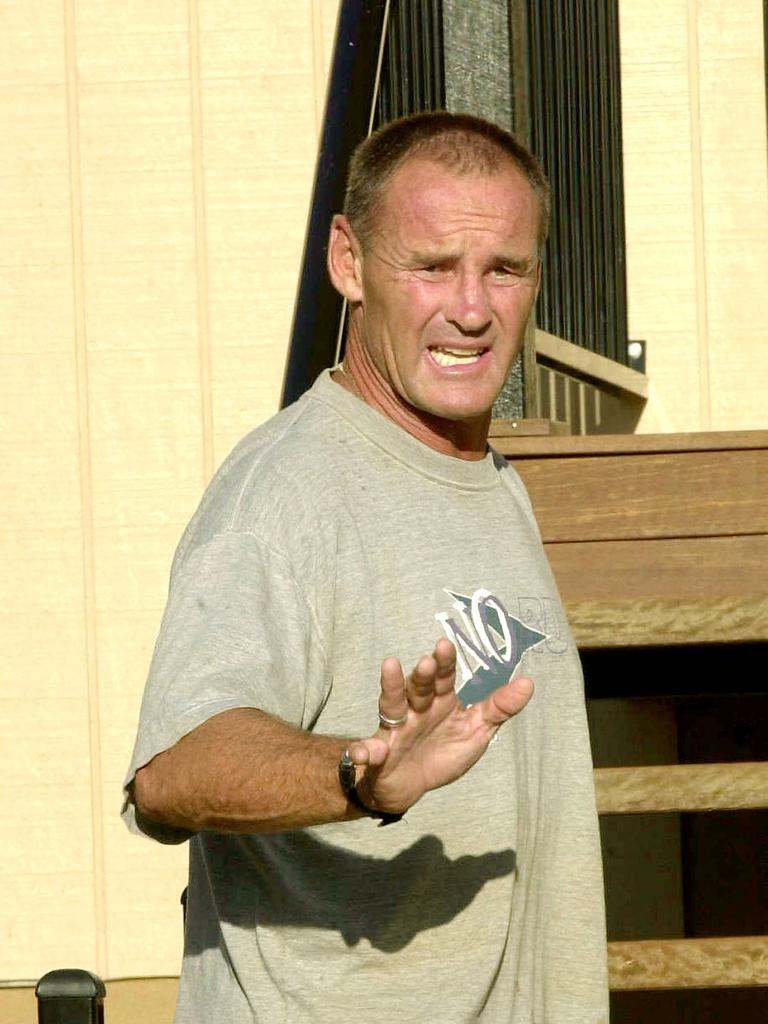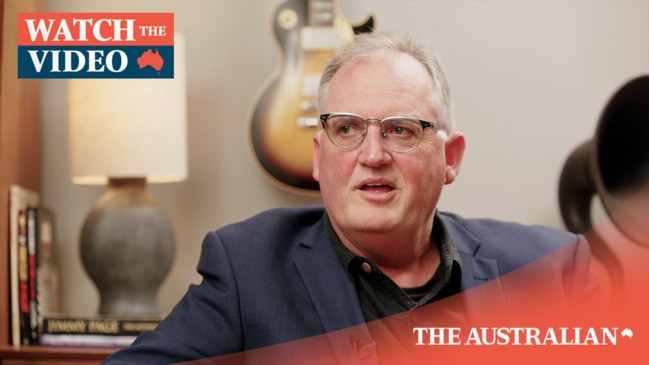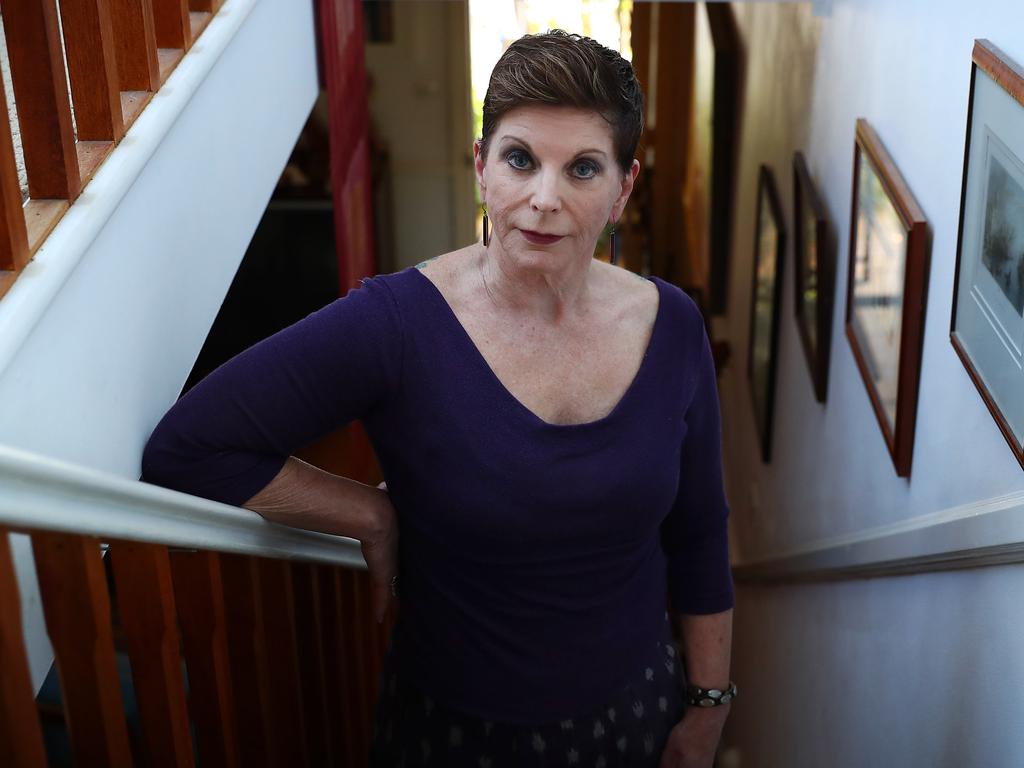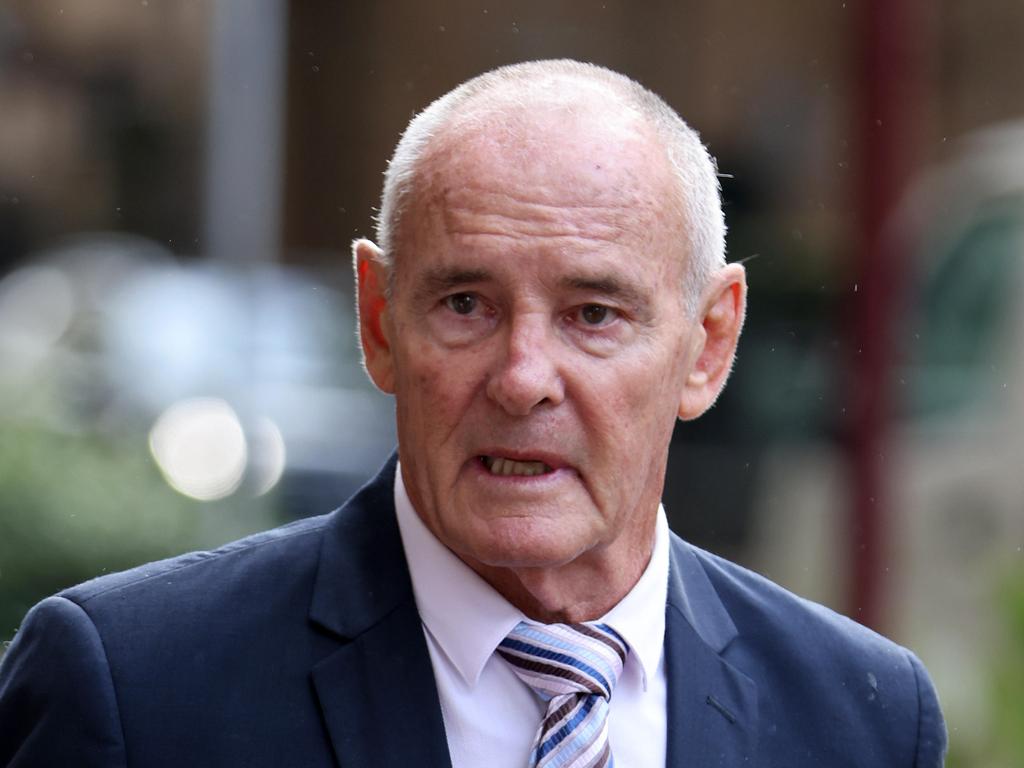Hedley Thomas on Chris Dawson judge’s ‘commonsense’ call


In the mid 1990s after a period of voluntary work at a psychiatric hospital and then a law degree at Sydney University, Sarah Huggett was thrust into a key role in the prosecution of the serial killer Ivan Milat.
As the instructing solicitor in the Office of the Director of Public Prosecutions, she saw, and helped organise, graphic evidence of Milat’s murders of five women and two men.
Her knowledge and exposure to crime probably began to develop even earlier as the daughter of a senior police officer in New South Wales.

In Chris Dawson’s second criminal trial – this one revolving around a charge of carnal knowledge, or underage sex with a female student of Cromer High on Sydney’s northern beaches – Judge Huggett will not need to deal with any aspect of Lyn’s murder.
That was emphatically determined in August last year by the Supreme Court’s Justice Ian Harrison SC who was in no doubt about Dawson’s guilt.
Judge Huggett’s role now, nine months after the murder conviction, is to determine whether Dawson effectively exploited an underage female student for sex.
This theme developed and caused enormous public disquiet as a result of former northern beaches high school students speaking out in 2018 in my podcast The Teacher’s Pet about some of the circumstances before, and after, a loving mother of two little girls disappeared in January, 1982.
On the first day of the carnal knowledge proceedings, Judge Huggett needed to deal with delicate legal applications around identification of the alleged victim and others.
Crown Prosecutor Emma Blizard wanted to severely restrict the media’s reporting of this case because of the sexual sensitivities and the fact that the victim was allegedly underage at the time of the offending.
Chris Dawson’s lawyer, Public Defender Claire Wasley, wanted a blanket ban on reporting of the entire trial.
Barrister Dauid Sibtain, for major media groups and The Australian, argued that it would be futile to try to impose reporting restrictions now.
The immense global publicity arising from the podcast in 2018 and the renewed spike in prominence with the murder trial last year, and the conviction of Dawson for Lyn’s murder, are unavoidable.
Judge Huggett wasted little time identifying the commonsense position.
The horse has not just bolted, it is long gone and can never be returned to the stable.
One thing, however, seems obvious at the outset.
This trial of Chris Dawson, like the murder trial last year, could have been run many, many years ago.
The evidence of Dawson’s alleged conduct and of the conduct of other teachers with vulnerable school girls on the northern beaches, is not new.
It was known by detectives during the first murder investigation in 1990; and in the second murder investigation from 1998.
The DPP has never explained why it repeatedly failed to run a carnal knowledge case before now.
Credit for the fact that a trial is proceeding now can be traced in part to the decision of Mick Fuller, who as Commissioner of Police set up a separate strike force of detectives in 2018 to investigate serious allegations being made by people who spoke out in the podcast.

In findings in 2020 when the Supreme Court’s Justice Elizabeth Fullerton refused Chris Dawson’s attempt to permanently stop both the murder proceedings and the carnal knowledge case, she found that “the podcast also stimulated, or generated, the disclosure of the allegedly systemic and organised predatory sexual behaviour of a number of high school teachers working on the Northern Beaches”.
“The revelations in the podcast about that behaviour, the extent to which it was apparently known and condoned by school authorities and the fact that it had never been the subject of a formal police investigation ultimately resulted in the Commissioner of Police appointing a specialist strike force – Strike Force Southwood – to investigate historic sexual assault complaints in the Northern Beaches area,” Justice Fullerton said.
We will never know what the delay in justice has meant for the other women, now in their late 50s, who experienced things as students at the grubby hands of teachers in public schools on the northern beaches.
Things which may echo through one accuser in Dawson’s trial for carnal knowledge.
He has pleaded not guilty.
–
Subscribe to our podcasts The Front and The Teacher’s Accuser to hear all the news plus in-depth analysis from our journalists Hedley Thomas, Matthew Condon, Claire Harvey and David Murray.







In a career as a solicitor and a prosecutor before being appointed to the busy District Court bench, Judge Sarah Huggett had seen and heard horrific evidence of murder, rape and human cruelty.